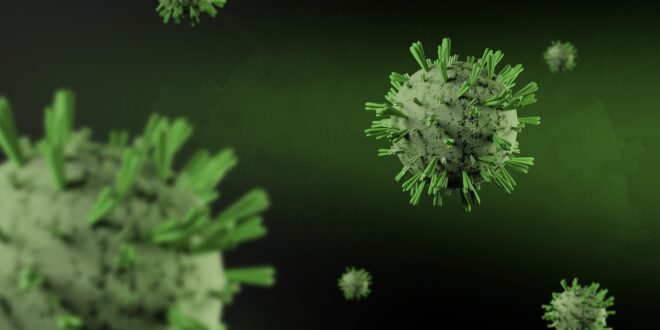People who have been previously infected with SARS-CoV-2 and are unvaccinated may have stronger long-term protection than those who have been vaccinated with two Pfizer doses but were never previously infected with the virus. That’s according to a new study out this week that analyzed a dataset involving thousands of people in Israel, a country that rolled out one of the earliest nationwide vaccination programs.
However, researchers caution that the vaccine is the least risky option to acquire immunity to SARS-CoV-2 as its protection against severe, life-threatening symptoms is still very good, even in the face of Delta and other dangerous variants. Furthermore, the study found that people who were previously infected but later received one shot of the vaccine had the best protection out of all.
The only thing that beats natural immunity is natural immunity AND a vaccine
Researchers at the Kahn Sagol Maccabi (KSM) Research & Innovation Center in Israel conducted a retrospective observational study comparing tens of thousands of people enrolled in the Maccabi Healthcare Services database who were divided into three groups: people who received a two-dose regimen of the BioNTech/Pfizer mRNA vaccine, previously infected individuals who have never been vaccinated, and previously infected individuals who received a single dose of the vaccine.
All groups were matched in a one to one ratio by age and sex. Overall, 673,000 members were eligible for the study group of fully vaccinated Sars-CoV-2-naïve individuals, 62,883 were eligible for the study group of unvaccinated previously infected individuals and 42,099 individuals were eligible for the study group of previously infected and single-dose vaccines.
The participants were grouped based on when the first event, either vaccination or infection, occurred during January and February of 2021. They were then compared based on four outcomes — SARS-CoV-2 infection, symptomatic disease, COVID-19-related hospitalization, and death — that were registered between June 1 and August 14, 2021, a timeframe when the much more contagious and dangerous Delta variant became dominant in Israel.
In the space of this six-month follow-up, the statistical models employed by the researchers in Israel showed that immunity acquired through vaccination was waning.
Compared to previously infected individuals, those who acquired immunity by vaccination had a nearly 13-fold increased risk for a breakthrough infection, a 27-fold increased risk for symptomatic disease (chiefly fever, cough, breathing difficulties, diarrhoea, loss of taste or smell, myalgia,
weakness, headache and sore throat), and were more likely to be hospitalized.
Vaccines are still great. They offer significant protection at the lowest risk
These differences in terms of immunity may sound huge, but there are a couple of caveats that need to be considered. For one, out of more than 600,000 vaccinated individuals, only 238 individuals became infected — that’s just 0.039% recorded infections, which shows that vaccines were incredibly (99.96%) effective at preventing infection en masse despite the spread of the highly infectious Delta.
Secondly, there were only eight hospitalizations due to COVID-19 among the vaccinated group and one hospitalization among the previously infected group. No deaths were recorded in either group.
All of that is to say that both types of immunities are highly effective at preventing the worst outcomes of a SARS-CoV-2 infection. It’s just that natural immunity acquired by the previous infection seems to be more powerful. However, the price you have to pay for such a natural immunity is high. Those who become sick with COVID-19 risk developing symptoms for months, a syndrome now known as ‘long COVID’. In the worst case, a person sick with COVID-19 can die. More than four million people across the world have died of COVID-19 so far.
“The advantageous protection afforded by natural immunity that this analysis demonstrates could be explained by the more extensive immune response to the SARS-CoV-2 proteins than that generated by the anti-spike protein immune activation conferred by the vaccine,” the researchers wrote in a paper that appeared in the preprint servermedRxiv.
The good news is that those who were previously infected and received a single dose of the Pfizer serum, as advised by the Israeli government, had the best immunity out of all three groups. So if you were previously sick with COVID-19 and recovered, getting the vaccine will further boost your protection.
“This analysis demonstrated that natural immunity affords longer lasting and stronger protection against infection, symptomatic disease and hospitalization due to the Delta variant of SARS-CoV-2, compared to the BNT162b2 two-dose vaccine-induced immunity. Notably, individuals who were previously infected with SARS-CoV-2 and given a single dose of the BNT162b2 vaccine gained additional protection against the Delta variant. The long-term protection provided by a third dose, recently administered in Israel, is still unknown,” the researchers concluded.
 Viral Hatch US/UK No.1 News Portal
Viral Hatch US/UK No.1 News Portal







